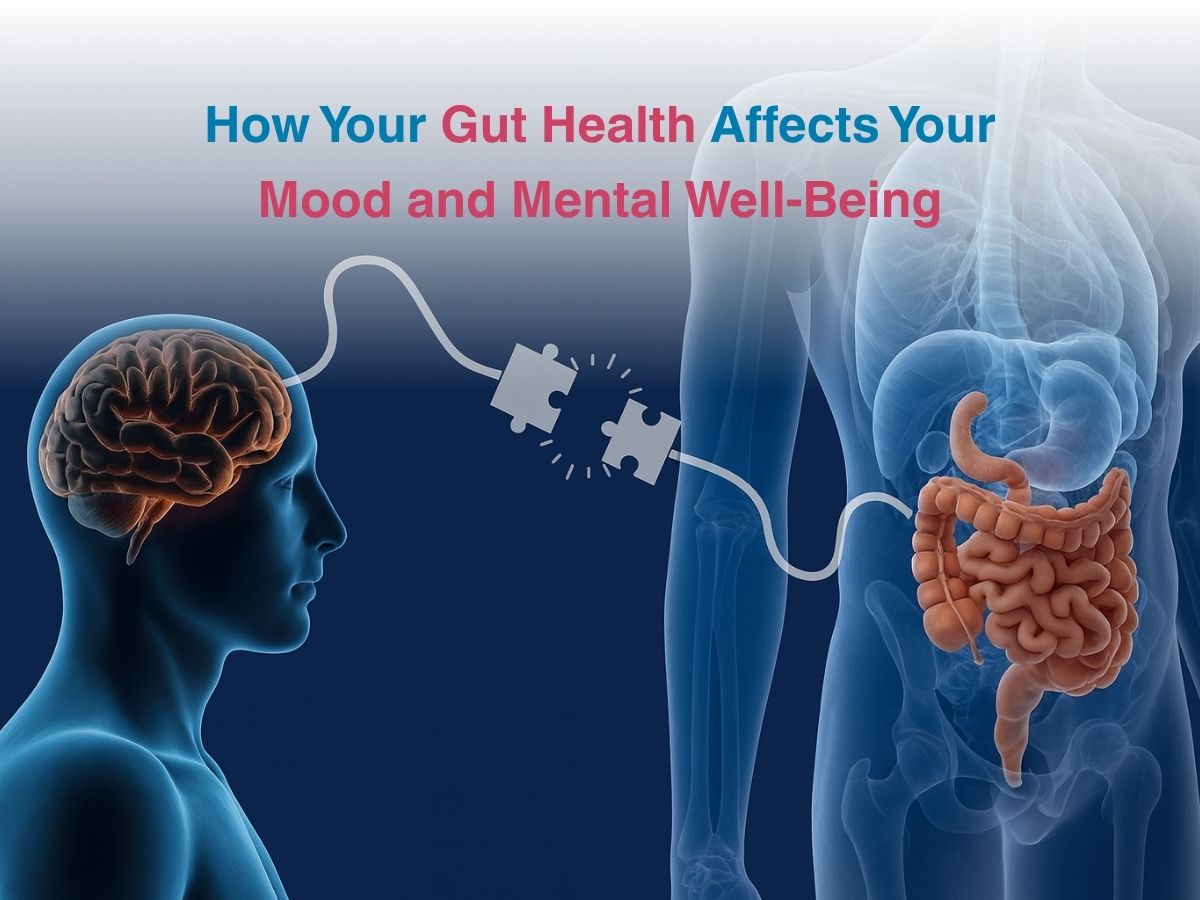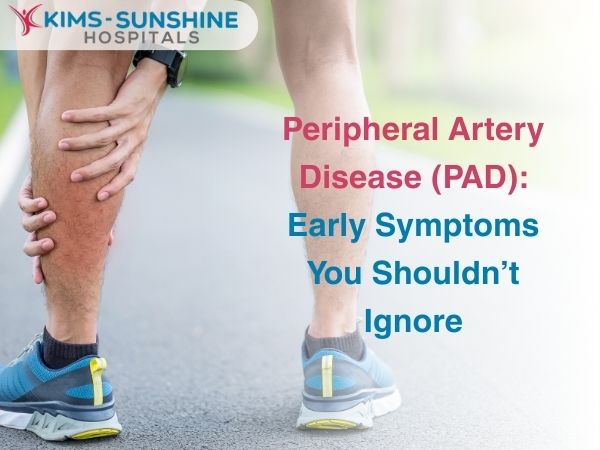
How Your Gut Health Affects Your Mood and Mental Well-Being

The gut in a human being has long been thought to be a place where food goes in, gets digested and then nutrients get absorbed. While it is of course the main function of the gut, how does the proper regulation and management of signals happen? It can be attributed to the millions of neurons that make their home in the gut- about 500 million of them and it is these cells which make up the enteric nervous system that is connected to the brain via the spinal cord. This bidirectional highway that allows the exchange of crucial information is now being studied extensively by scientists and studies have shown that mental health is influenced by gut health in prominent ways, though the specific pathways are being researched at present.
How Gut Health Impacts Mental Health
As we now know, the second largest population of neurons in the body lies in the gut, after the brain and both the populations of neurons are in constant communication – which is how you feel hungry, or feel satisfied after a great meal. You also tend to have specific food preferences and cravings, which may not be the same as others. Each of us is unique and this is why we tend to have our own food allergies, insensitivities too.
Studies have shown clearly that your mood, stress levels, general behaviour, tolerance to pain, cognitive function and even immunity are all influenced by how your gut behaves at any time during a day. Scientists prefer to use the term Gut-Brain-Axis- as the endocrine system and immune system work closely with the digestive and nervous systems, along with all other organs in the body. The gut also contains billions of bacteria- the gut microbiome and these also play an intrinsic role – as they produce neurotransmitters, which are taken up by neurons in the gut and used to relay messages to other parts of the body, including the brain. This is also why a large number of individuals who have gut disorders, also end up being diagnosed with mental health disorders like anxiety or depression, for example.
Prebiotics And Brain Function
Prebiotics are fibre rich foods that are not digestible by the gut, but can provide great fodder for the gut microbiome. Think of prebiotics as the fertiliser in a garden, which has probiotic seeds, that will give rise to a whole new gut microbiome. Prebiotics are found in foods like garlic, bananas, onions, apples, asparagus, millets and whole grains respectively. Garlic and onions especially have inulin- which is an excellent prebiotic. Radishes, carrots and beetroots are also good sources of prebiotics. Beans and pulses- like rajma, green gram, kidney beans, chickpeas are also great for you. Fruits rich in pectin are good for the gut. Studies have shown that regular consumption of prebiotics reduces the risk of suffering from neurodegenerative conditions.
Probiotics And Mood Regulation
Happy gut bacteria function better when supplemented with probiotic cultures like from curd, buttermilk, fermented batter and pickles and similar foods. Most of the serotonin and GABA that are needed by the brain are made in the gut only. The gut microbiome can produce short chain fatty acids, which help in regulating mood and reducing the risk of developing conditions like anxiety, depression etc, while also actively helping reduce inflammation in the gut and body overall.
Conclusion
Some lifestyle changes for gut brain wellness include eating on time and eating foods that have a combination of prebiotics and probiotics- like a curd and banana smoothie, curd rice with pickles, idli or dosa with sambar and chutney etc. While most of us do well when we supplement with probiotics, some people with IBS or other gut disorders may not do so well. You should hence talk to your doctor before you decide to make any marked changes to your diet. There is hence some sense to eating common comfort foods – which help our tummies feel great and full, while feeling content or even happy. What is your favourite comfort food? Think long and hard and you will know how a bowl of that has helped you on a bad day!






